Highlights from the judgement
The judges had quite a few interesting observations

PHOTO: File
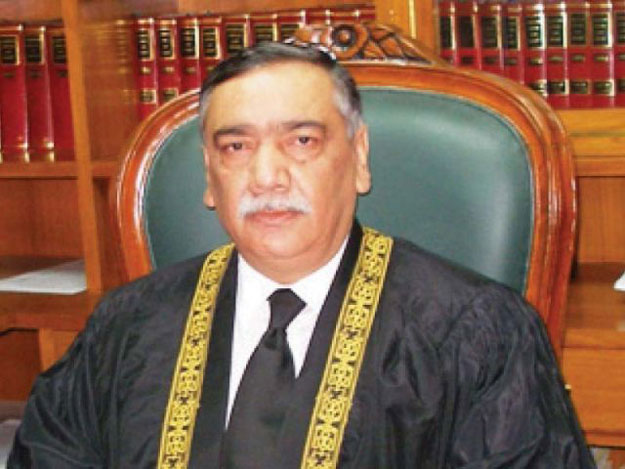 Justice Asif Saeed Khosa. PHOTO: SUPREME COURT WEBSITE
Justice Asif Saeed Khosa. PHOTO: SUPREME COURT WEBSITEJustice Asif Saeed Khosa
Nawaz Sharif…has not been honest to the nation, to the representatives of the nation in the National Assembly, and to this court in the matter of explaining possession and acquisition of the relevant properties in London.
What if two had been three?
Justice Khosa, who wrote a dissent note, also added that,
The value of the relevant assets in London is ostensibly disproportionate to the declared and known sources of Nawaz’s income [with regard to] tax returns produced before this court.
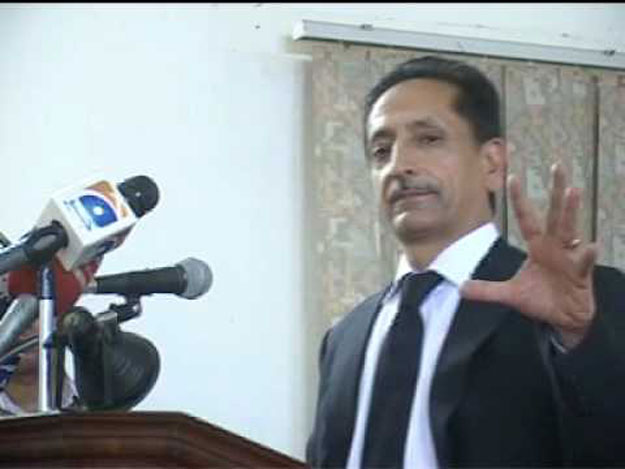
Justice Ejaz Afzal Khan. PHOTO: SCREENGRAB
Justice Ejaz Afzal Khan
Although ruling with the majority, Justice Khan referred to a few interesting aspects of the case presented by the Sharifs.
The court cannot be expected to sit as a toothless body and become a mere spectator but it has to rise above the screen of technicalities and to give a positive verdict for meeting the ends of justice and also to safeguard the fundamental rights of the people of Pakistan. It is thus declared that Mian Muhammad Nawaz Sharif has not been honest and ameen.
Nawaz survives to see another day as SC orders probe into corruption allegations
Maryam Nawaz's dependent status also came up.
That frank admission of respondent Maryam Nawaz in her interview that she is still dependent on her father and the fact that she is husbanded by a person who has neither any source of income nor pays any taxes leave no doubt that she is a dependent of Nawaz for all legal and practical purposes...That where no explanation for her princely extravagance is coming forth, it can safely be deduced that she is still a dependent of Nawaz.
As did the seemingly endless stream of unverified documents presented as evidence.
A bulk of unauthenticated documents brought on the record by the petitioners is pitched against another bulk of unauthenticated documents brought on the record by the respondents.
And the need for the bench to rule as a court of law, not public opinion.
Political excitement, political adventure or even popular sentiments real or contrived may drive any or many to an aberrant course but we have to go by the law and the book.
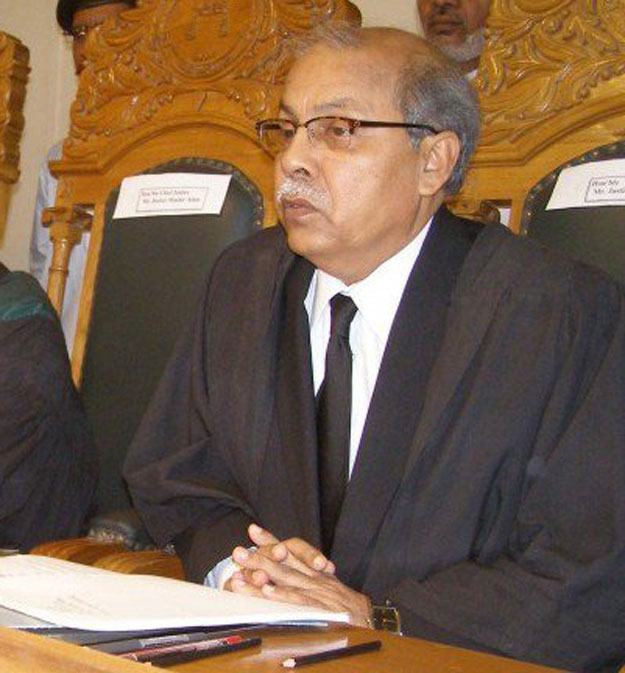 Justice Gulzar Ahmad. PHOTO: EXPRESS
Justice Gulzar Ahmad. PHOTO: EXPRESSJustice Gulzar Ahmad
[Nawaz] could not have been so innocent or naive as not to know the owner of the flats in which he has been continuously living for more than six years.
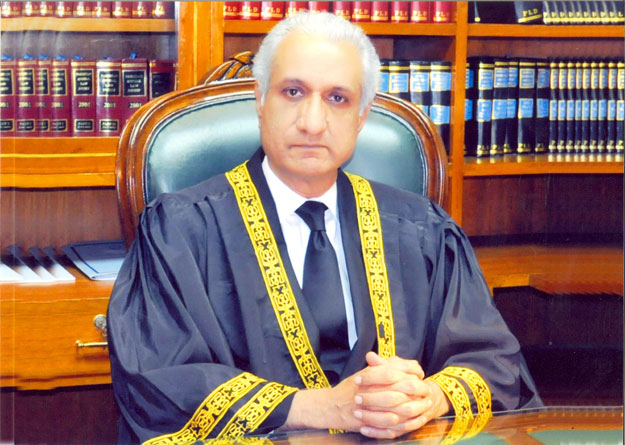
Justice Ijazul Ahsan. PHOTO: SUPREME COURT OF PAKISTAN
It is high time that standards were set and systems were put in place to develop a culture of accountability at all levels in order to cleanse our system and institutions from the evils of corruption.
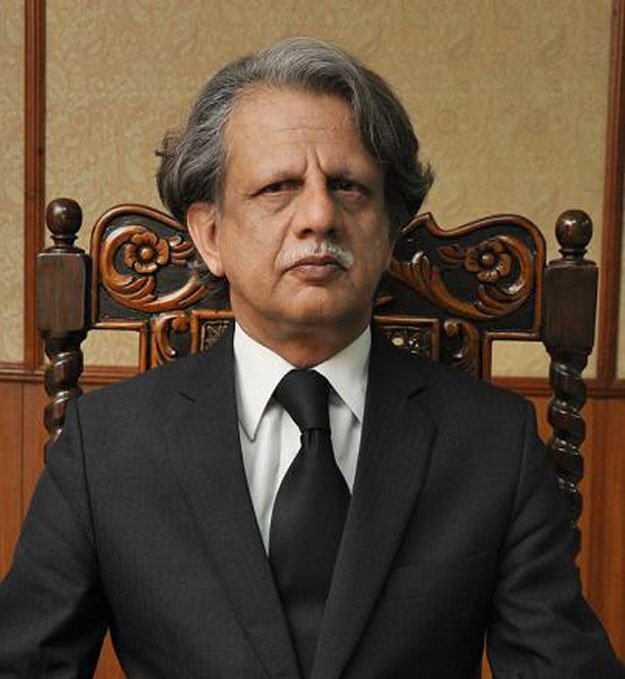
Justice Sheikh Azmat Saeed. PHOTO: SUPREME COURT OF PAKISTAN
Justice Sheikh Azmat Saeed
Meanwhile, Justice Saeed gave a long note on how the petitioners had kept pushing a legally unsupportable 'sins-of-the-son' argument.
Counsel for the petitioners had attempted to present their case for disqualification of Nawaz Sharif on the alleged lack of probity in statements of Hussain Nawaz…vicarious liability has no place in our election laws… A father cannot be disqualified if his son is of unsound mind…a father cannot be disqualified if his son has been convicted of an offence involving moral turpitude or such son has been dismissed from the service of Pakistan. Thus, obviously, a father cannot be disqualified if his son is allegedly dishonest.
He also hinted at the consequences of giving credence to those arguments as admissible evidence.
Attributing vicarious liability to a father for the acts and omissions of his son, more particularly, oral statements would result in a legal farce.


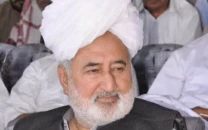
















COMMENTS
Comments are moderated and generally will be posted if they are on-topic and not abusive.
For more information, please see our Comments FAQ